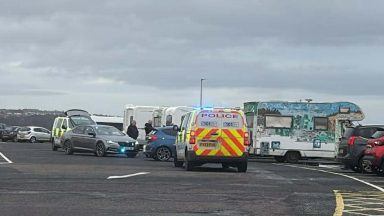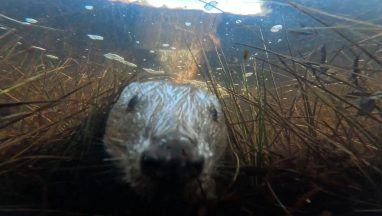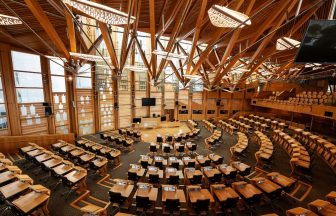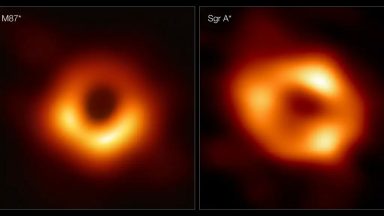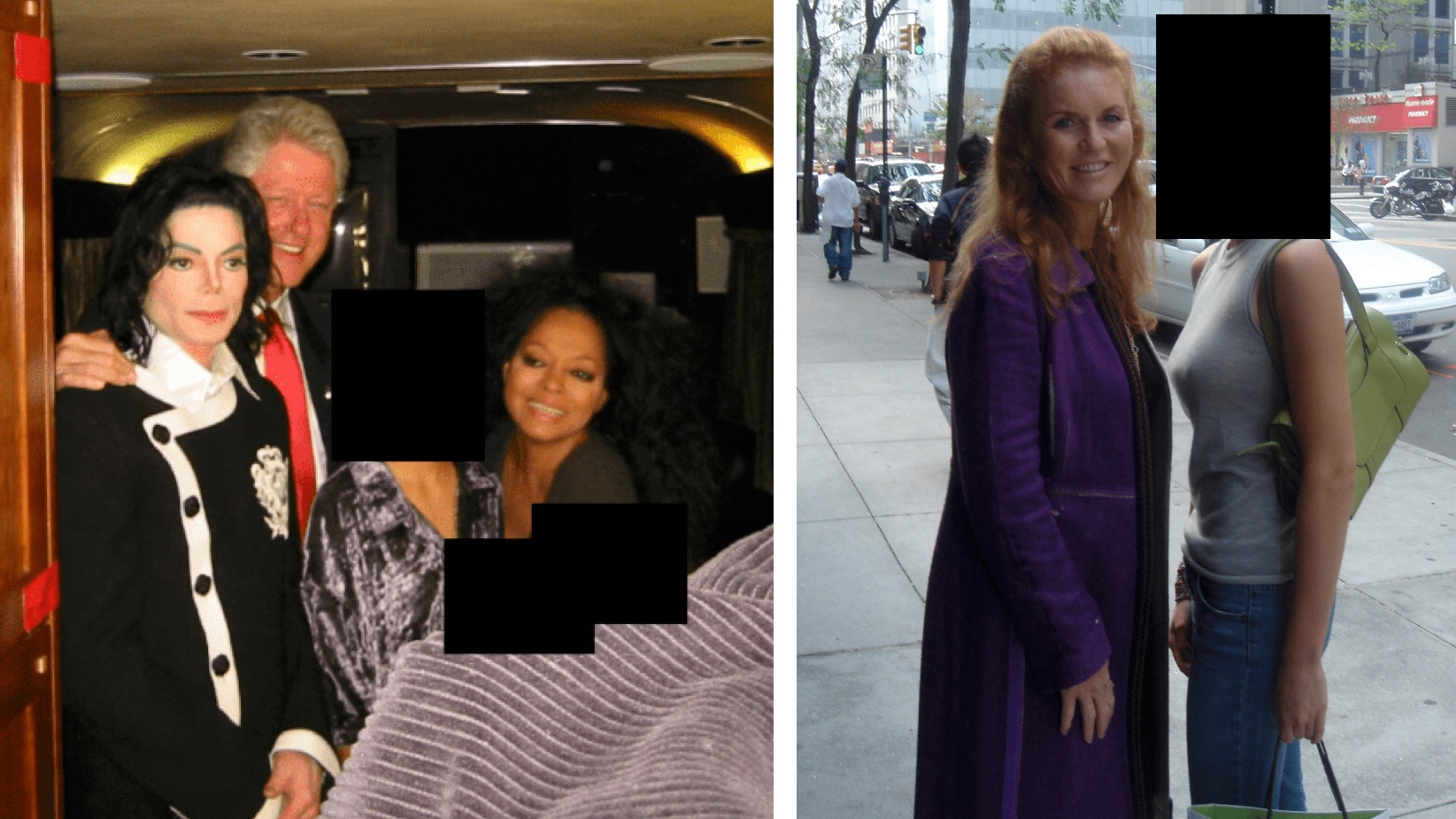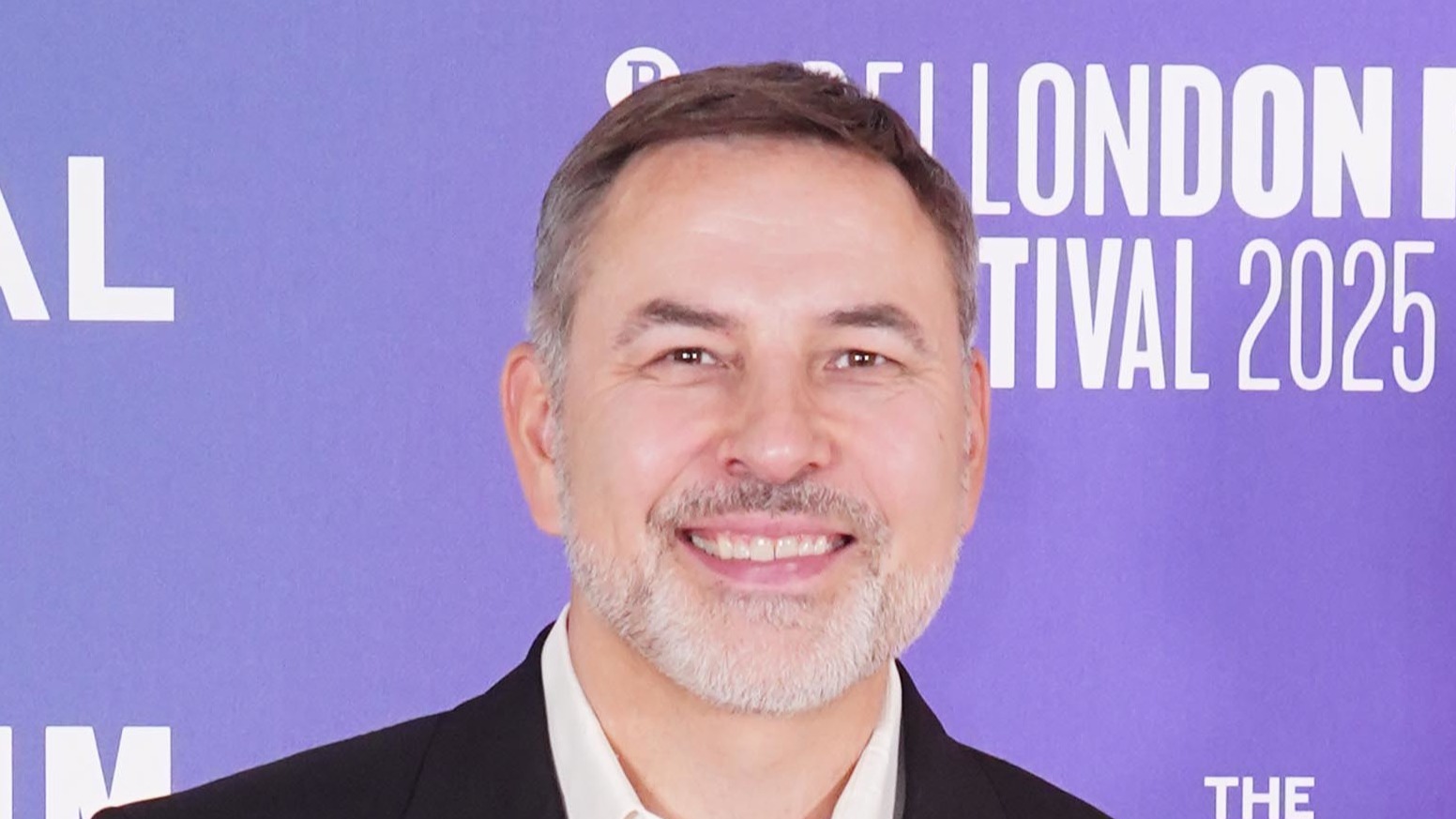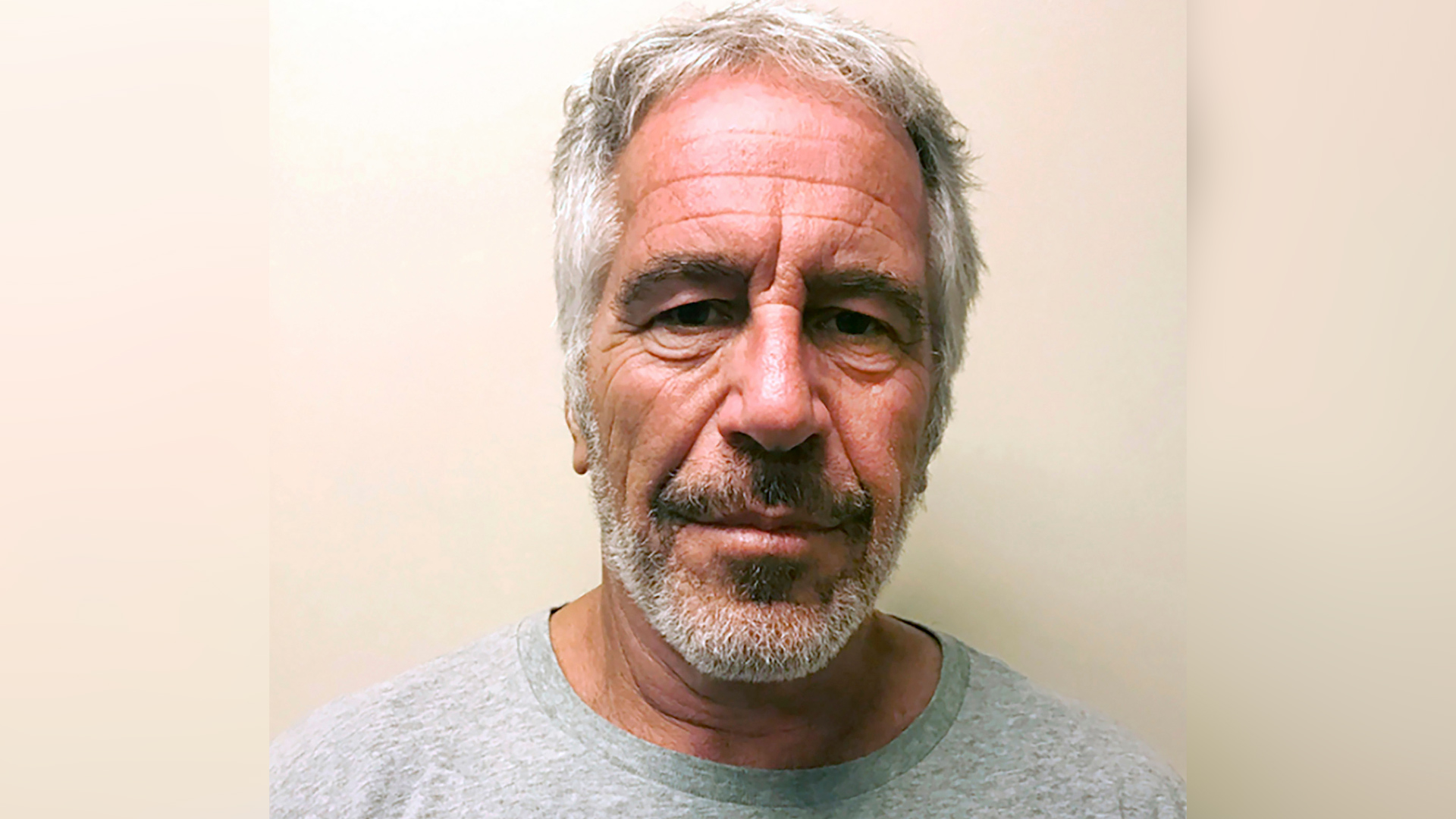The medical records of almost 200,000 women who were permanently removed from the cervical screening list are to be checked in the wake of the death of a woman who was “wrongly excluded” and went on to develop cancer.
But public health minister Maree Todd blundered when she announced the audit in Holyrood, saying initially that it was 2000 records that were to be reviewed.
After being contacted by staff, Todd told MSPs that she had “inadvertently said 2000 records were to be reviewed when actually I should have stated 200,000”.
It came as she also revealed that “more limited reviews” had revealed issues with women being wrongly removed from the list for smear tests in 2006, 2015, 2016 and 2017.
As a result of this, Todd said that she had instructed Healthcare Improvement Scotland to look at the processes, systems and governance for when women are permanently removed from the list for cervical screening.
“We must consider whether opportunities were missed to identify the wider issues now being investigated,” the minister said.
Meanwhile, the audit of almost 200,000 women who have been permanently removed from the screening programme will take at least 12 months to complete, Todd told Holyrood.
She stated: “This will be an especially challenging task as the NHS continues to recover from the impact of Covid-19.”
But she said the NHS was now working to develop “robust processes” so all records “can be reviewed consistently”.
Todd was also frank that given the scale of the audit “it is likely that more people will be discovered to have been wrongly excluded”.
While most patients undergoing a hysterectomy have their uterus and cervix removed completely, some women have a “sub-total hysterectomy” where part of the cervix can be left behind – and these women still require to be screened for cervical cancer.
Already, about 600 women have been contacted by health boards after a review in December 2020 revealed issues over incorrect exclusion.
In one case which dates back to surgery performed before 1997, Todd said there was “a high level of clinical suspicion” that “inappropriate exclusion from screening may have resulted in a cervical cancer diagnosis”.
She added there was also “another very complex case where several factors may have contributed to a diagnosis of cervical cancer, including an incorrect exclusion from cervical screening”.
Looking at cases of women who had operations after 1997, Todd said no cases of cancer have been detected.
There were seven cases where further checks revealed pre-cancerous cells, with the women concerned having received treatment.
The minister used her statement to “stress the cervical screening programme continues to be the best way to prevent cancer before it starts”.
Todd told MSPs: “Everyone should be clear that screening is the most effective way of preventing cervical cancer. It can and does save lives.
“It is for that reason we must maintain confidence in the programme and ensure that everyone who needs screening has the opportunity to receive it.”
The Labour health spokesman, Jackie Baillie, welcomed the review of records for almost 200,000 women permanently excluded from cervical screening.
She said: “The health and wellbeing of the women involved must be uppermost in all of our minds.
“Nonetheless, this SNP Government still has serious questions to answer over why this scandal went uncovered despite concerns being flagged repeatedly over a number of years.
“Time and time again, this government allowed this scandal to go uncovered and, as a result, lives have been put on the line.
“The government must take responsibility for their continued oversight on this matter and act to put this right as soon as possible.”
Conservative MSP Annie Wells, meanwhile, said the review should be “a full inquiry into why these women were excluded unnecessarily and the effect this has had”.
She said: “This error has had a profound effect on the women involved and they deserve answers as soon as possible.”
Follow STV News on WhatsApp
Scan the QR code on your mobile device for all the latest news from around the country


 iStock
iStock








